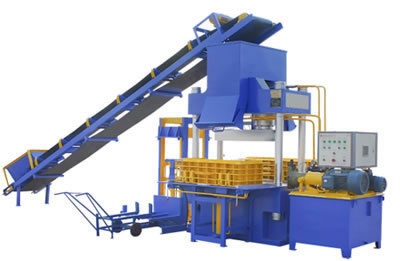Kinds of Concrete---- Cellular Concrete
2013-04-11 10:42:53
Kinds of Concrete---- Cellular Concrete
Regular concrete is too dense. It is heavy and hard to work. After it sets one cannot cut into it, or nail into it. And it's surface is ugly, cold, and hard in feeling unless covered by expensive finishes not integral to the structure.
And yet concrete, in some form, is a fascinating material. It is fluid, strong, and relatively cheap. It is available in almost every part of the world. A University of California professor of engineering sciences, P. Kumar Mehta, has even just recently found a way of converting abandoned rice husks into Portland cement.
Is there any way of combining all these good qualities of concrete and also having a material which is light in weight, easy to work, with a pleasant finish? There is. It is possible to use a whole range of ultra-lightweight concretes which have a density and compressive strength very similar to that of wood. They are easy to work with, can be nailed with ordinary nails, cut with a saw, drilled with wood-working tools, easily repaired.
We believe that ultra-lightweight concrete is one of the most fundamental bulk materials of the future.
The variable density is normally described in kg per m³, where regular concrete is 2400 kg/m³. Variable density can be as low as 300 kg/m³, although at this density it would have no structural integrity at all and would function as a filler or insulation use only. The variable density reduces strength to increase thermal and acoustical insulation by replacing the dense heavy concrete with air or a light material such as clay, cork granules and vermiculite. There are many competing products that use a foaming agent that resembles shaving cream to mix air bubbles in with the concrete.
PRODUCT TYPE LIST
NEWS
Contact Us
Address:Industrial Equipment Zone,Zhengshang Road Zhengzhou Henan
Zip: 450000 China
Fax:+86-371-63935058
E-mail:sales@unique-cons.com
TEL:+86-371-63699132






